
Exciting new series on “Voice, Body and Movement for Lawyers – How to connect with the jury and find Justice Through Dramatic Technique!”
Click here to find out more
Allegations of sexual abuse often come years after the abuse was alleged to have happened. In these cases, the memories of the outcrier and others are often the only evidence in the case. An understanding of the reconstructive nature of human memory becomes paramount in defending such allegations.
This seminar will briefly explore how human memory works, and more importantly how it doesn't work. Research studies will be reviewed which establish that memories can easily be created or distorted when retrieved at long delays. Applications to several real-world delayed outcry cases will also be discussed as examples.
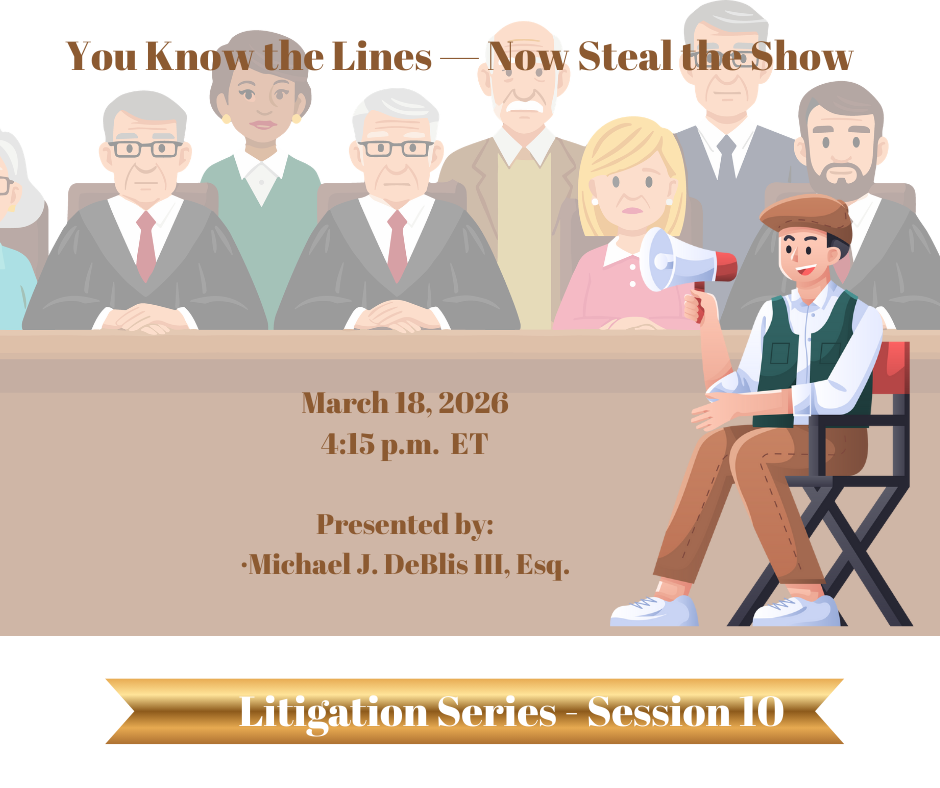
This presentation teaches attorneys how to deliver memorized text—especially openings and clos...

Effective data privacy and artificial intelligence governance programs do not happen by accident. Th...
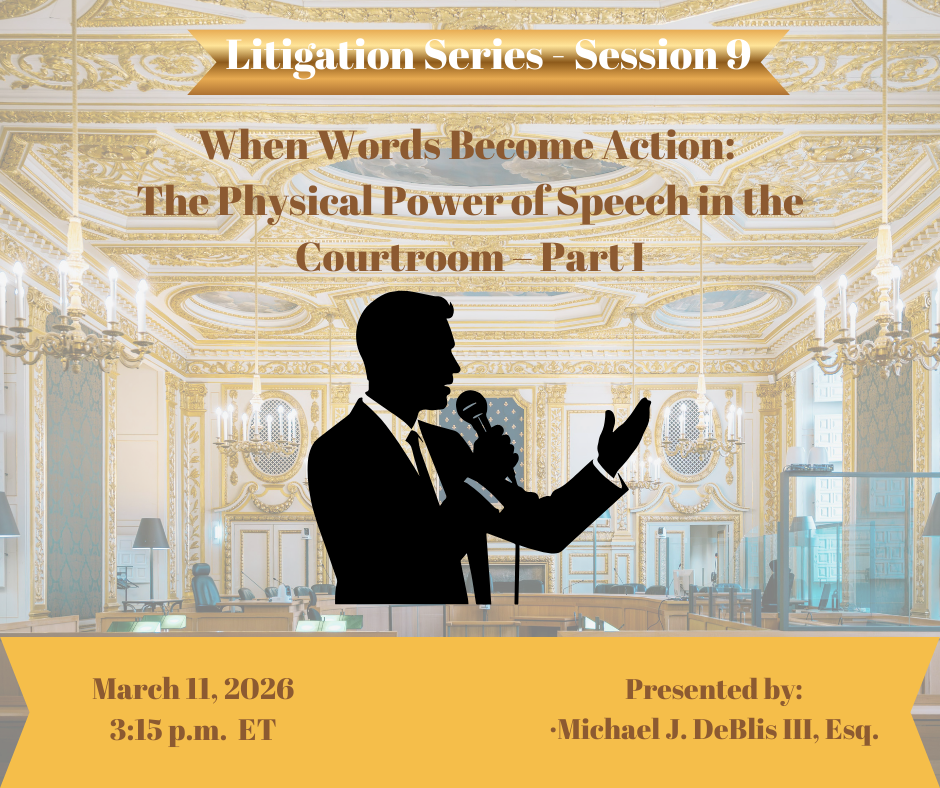
This program focuses on overcoming the inner critic—the perfectionist, self?doubting voice tha...
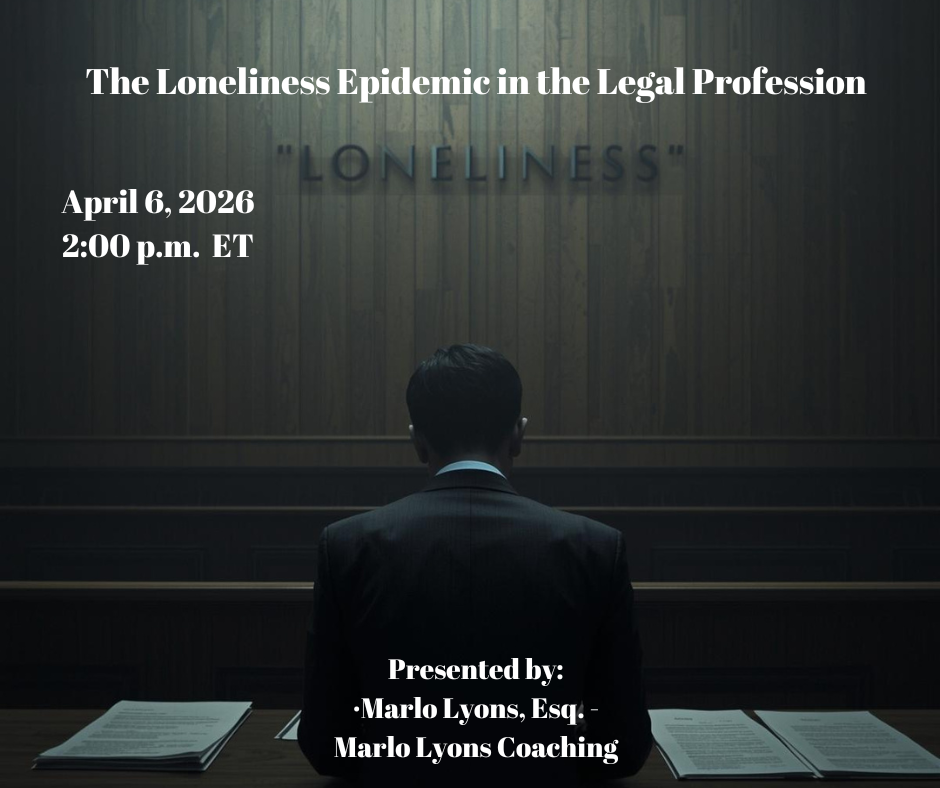
Loneliness isn’t just a personal issue; it’s a silent epidemic in the legal profession t...
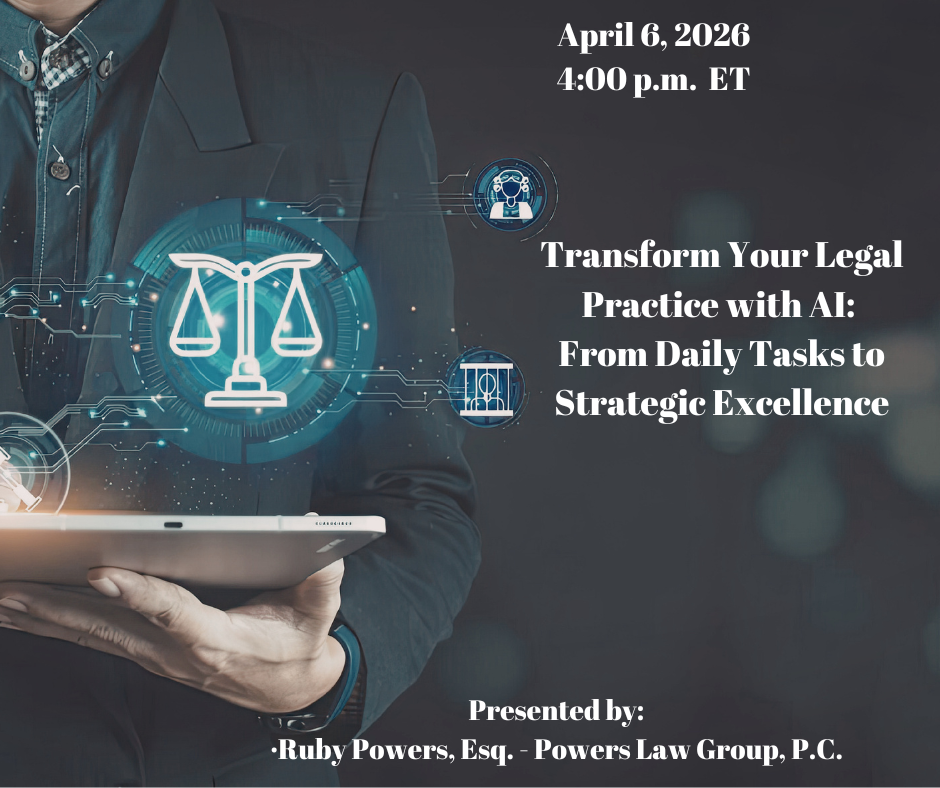
This course provides a strategic roadmap for attorneys to transition from administrative burnout to ...
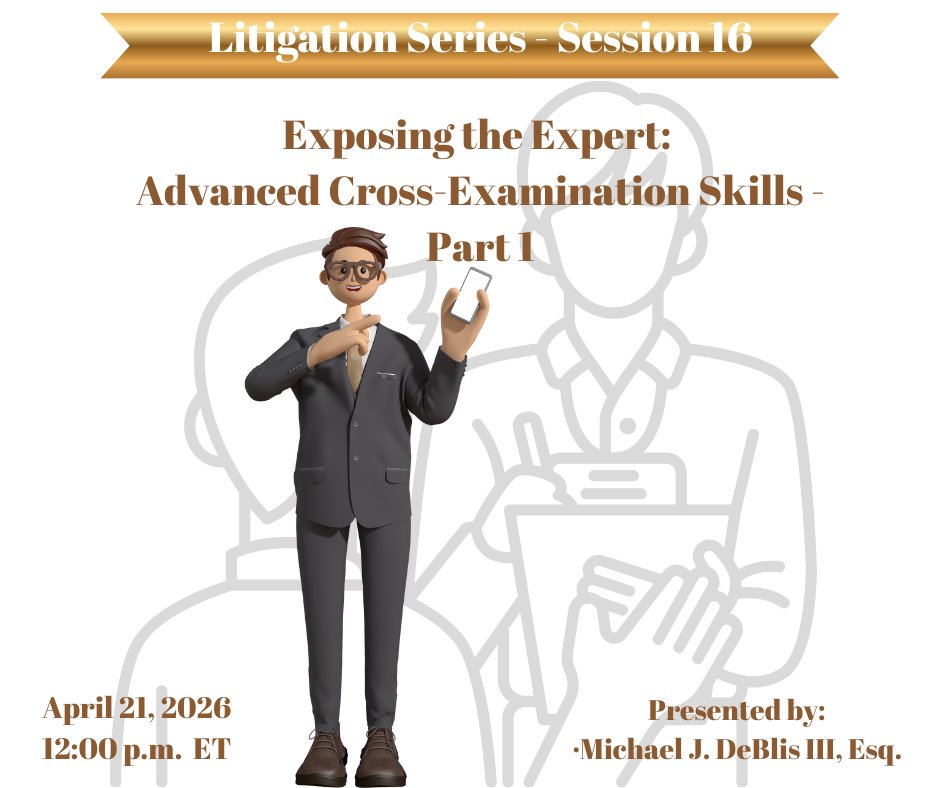
Part 1 - This program focuses specifically on cross?examining expert witnesses, whose credentials an...
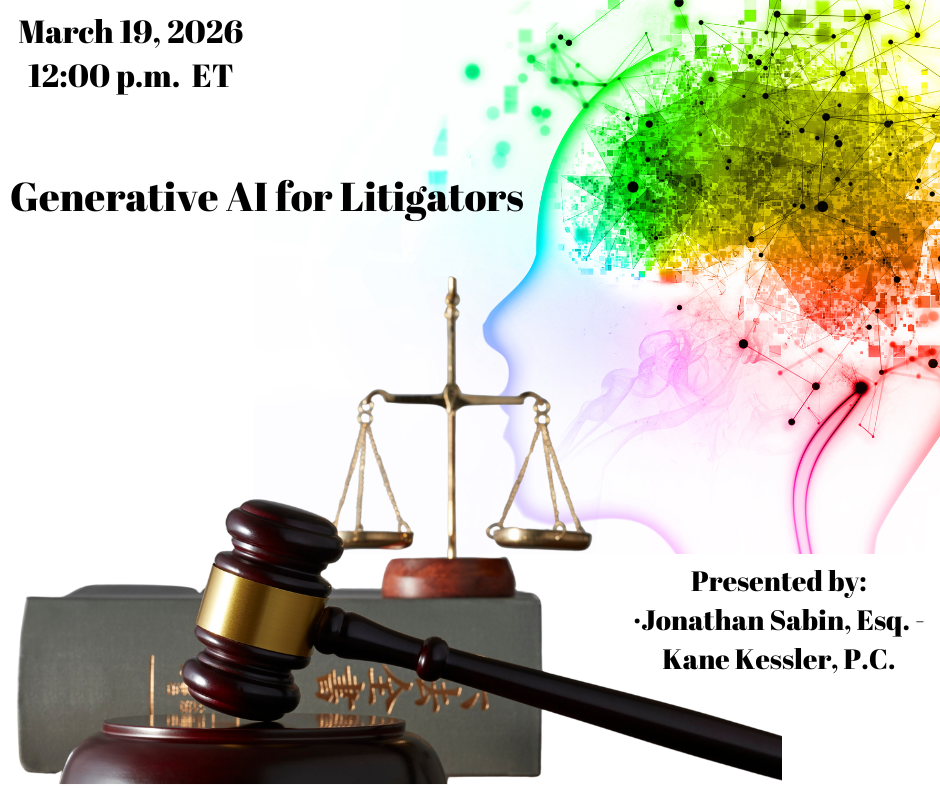
Explore the transformative potential of generative AI in modern litigation. “Generative AI for...
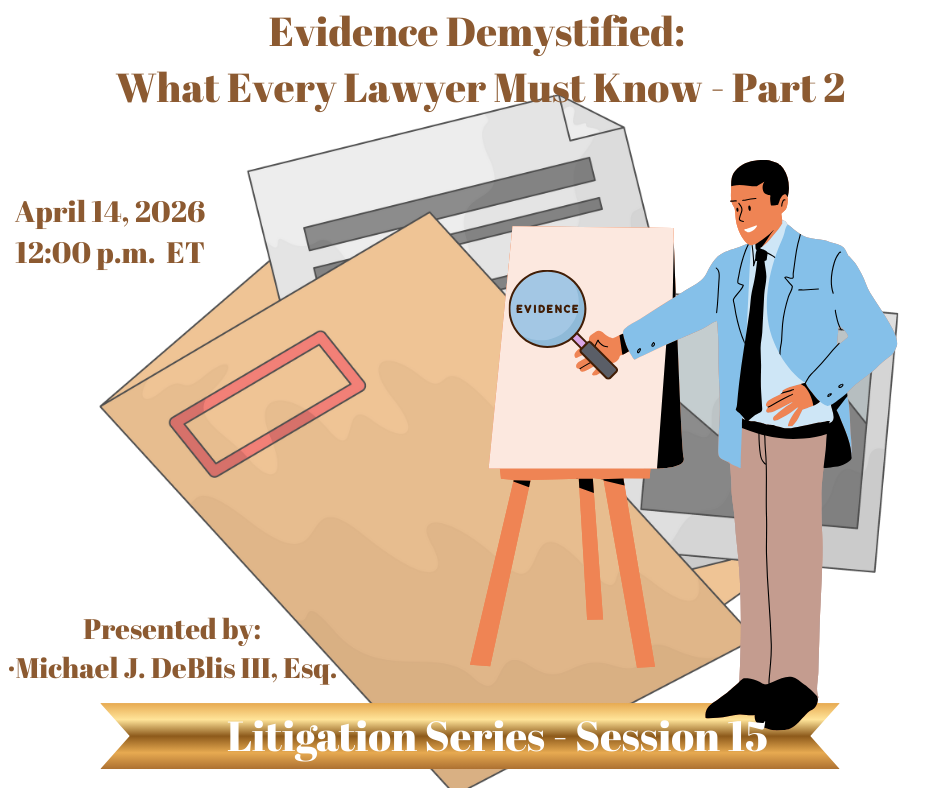
Evidence Demystified Part 2 covers key concepts in the law of evidence, focusing on witnesses, credi...
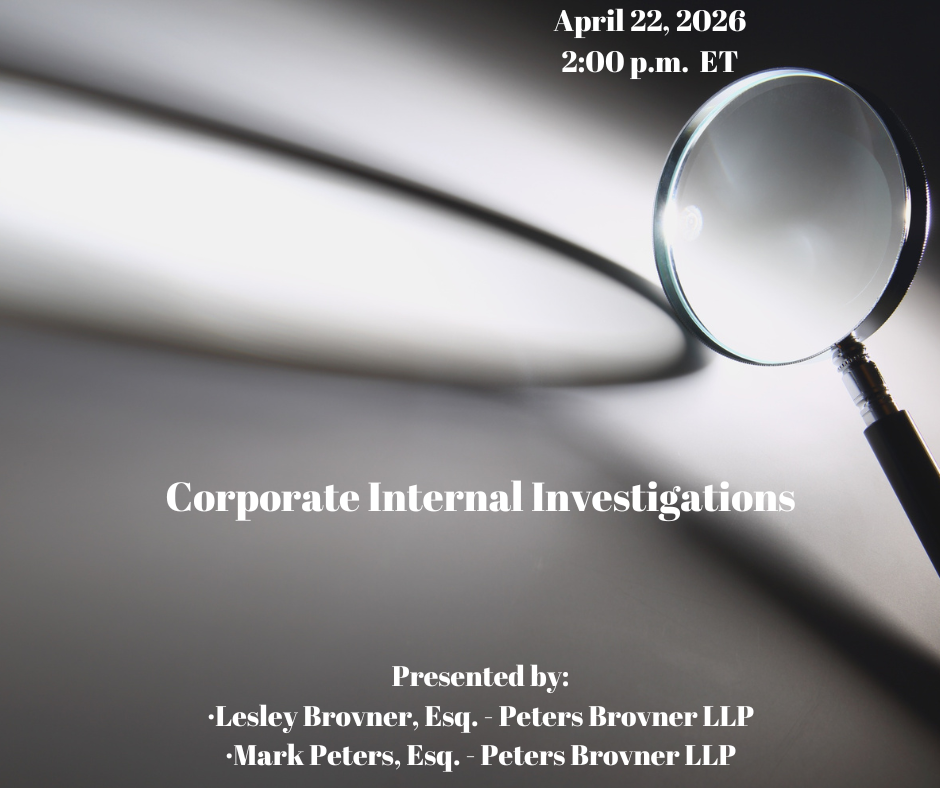
The CLE will cover the Ins and Outs of Internal Corporate Investigations, including: Back...
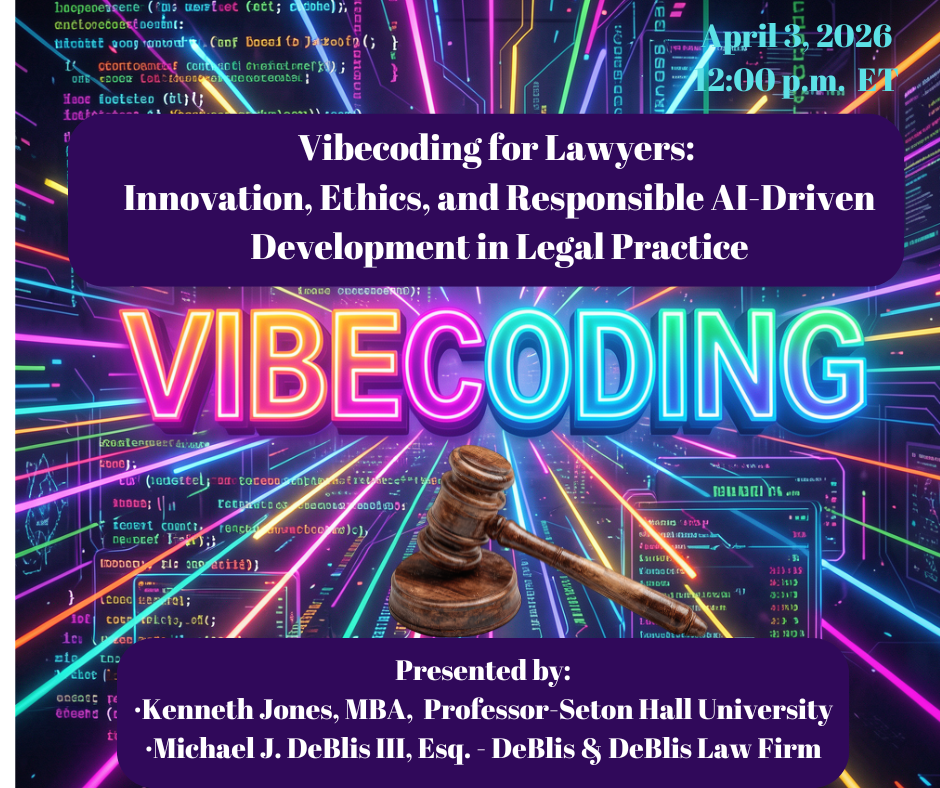
This program provides attorneys with a practical and ethical framework for understanding and respons...